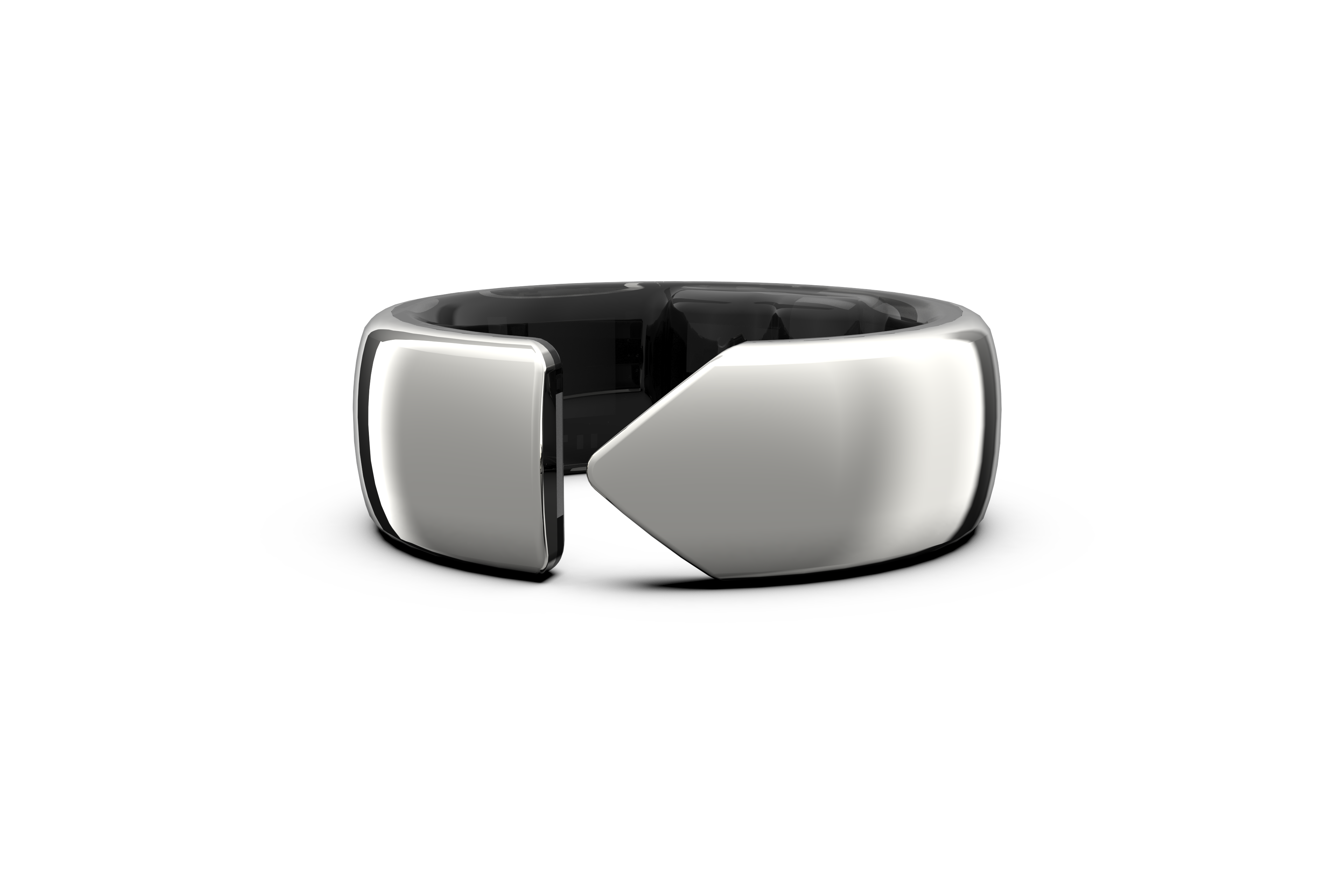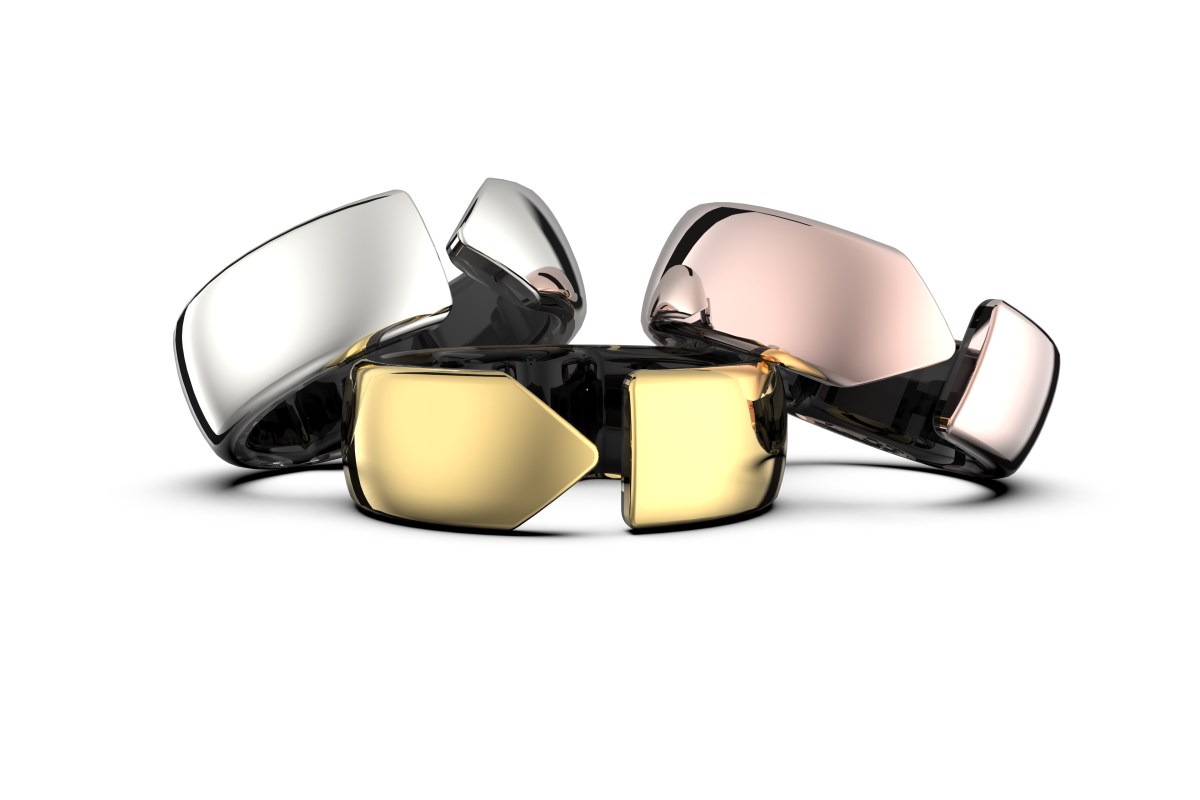Movano’s getting a week’s jump on what might well prove a banner CES for the smart ring. Today the Bay Area-based firm debuted Evie, a smart ring focused on women’s health set to hit the market later next year. The device capitalizes on the recent popularity of the unobtrusive form factor, led by the likes of Oura and Circular.
It is, however, among the first to be focused on a specific market segment (insofar as roughly 51% of the population can be considered a segment, I suppose). Women’s health certainly makes sense as a target. Companies like Fitbit and Apple have found some success with the addition of cycle tracking and related features.
That is, of course, included out of the box here. Evie’s top-level features include:
[R]esting heart rate, heart rate variability, SpO2, respiration rate, skin temperature variability, period and ovulation tracking, menstrual symptom tracking, activity profile, including steps, active minutes and, calories burned, sleep stages and duration, and mood tracking.
The “mood” bit here is the main selling point of the as of yet unreleased Happy Ring, which puts its data to use in hopes of helping users manage things like stress and sleep a bit better. The rest of Evie’s details are still fairly foggy — Movano is promising a better look at the product at the show next week. Of course, you can’t really blame the company for wanting to get out ahead of the scrum.

Image Credits: Movano
On top of that, Movano says it’s “planning to seek FDA clearance” for the product. Obviously no firm time line on that. It notes:
The Company plans to file for pulse oximetry metrics after having completed a successful hypoxia trial in October 2022, where accuracy for clinical SpO2 and heart rate commensurate with FDA’s consensus standard was demonstrated. While a few wearables are only FDA cleared for specific software, such as ECG and Afib, Evie is designed per regulatory standards and built in a medical device manufacturing facility that meets ISO13485 and cGMP standards. The clearance will offer women trusted and personalized insights that can help them draw connections between cause and effect, so they can better understand the “why” behind what they’re feeling. Additionally, Evie will deliver data that clinicians can deem reliable for patient care.
That’s clearly the end game for a lot of these firms, moving from the consumer space to something that’s taken a bit more seriously among medical professionals, insurance companies and the like.
“As a medical device, Evie will go beyond the status quo of other wearables on the market, and we believe it has the power to transform women’s lives and overall health,” CEO John Mastrototaro says in a release. “We are bringing together medical grade biometric data and insights in a comfortable and contemporary wearable that allows women to take ownership of their unique health journey.”
The product is expected to run around $300 and, unlike Oura, it won’t charge an additional subscription fee.

